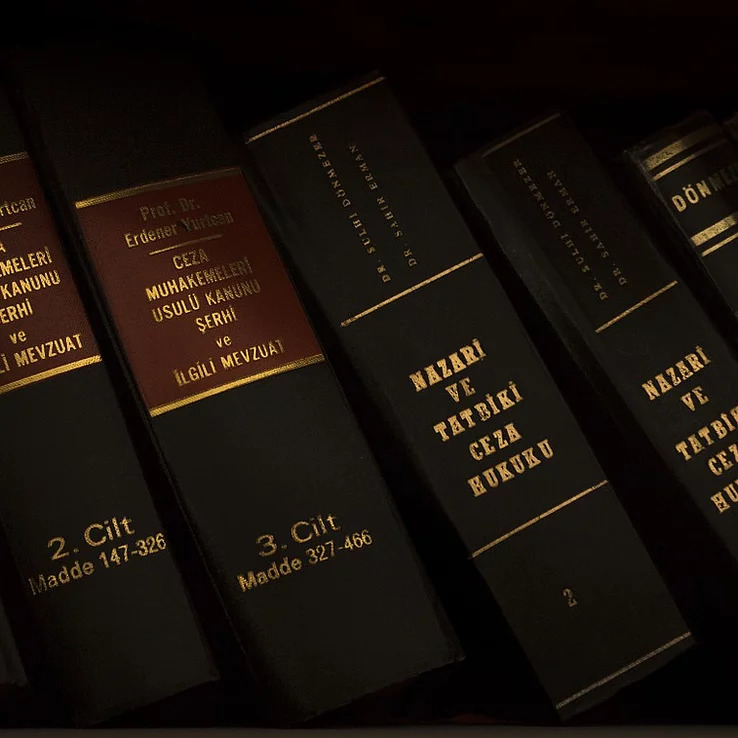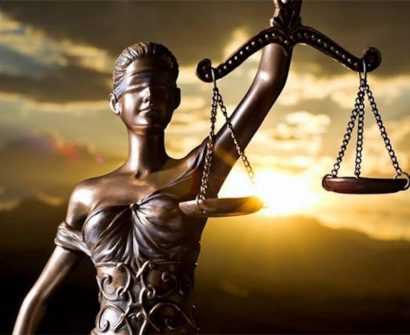
Justice R. Subhash Reddy and Justice Mohan M. Shantanagoudar, JJ., comprised the Division Bench that heard the vexatious complaint case before the Supreme Court. The Bench in the case of krishna lal chawla vs state of upunderlined the significance of promptly looking into such claims while voicing reservations regarding these processes.
The Indian judiciary is frequently discussed as an overworked establishment due to the increasing number of cases that are waiting in the courts. Much of the justification for this kind of deliberation comes from frivolous or vexatious litigation. The courts themselves have acknowledged how filings with little intention or value, without sufficient justification to either stall the proceedings or exploit a provision, result in the misuse of the legal system. A similar issue was resolved by the Supreme Court on March 8, 2021, in Krishna Lal Chawla and Others vs. State of U.P. and Another.
krishna lal chawla vs state of up Case Facts
- In this particular case, the respondent and the appellants are neighbors. The respondent, his wife, and the appellant got into a violent altercation. Although the parties acknowledge that such an altercation occurred, the specifics of the incident are what have caused the protracted legal dispute.
- The respondent accused the appellants of violating Sections 323, 504, and 506 of the Indian Penal Code in a Non-Cognizable Report (NCR) that was filed against them. According to his account, the appellant broke into his home, threatened to kill him and his spouse, and assaulted them with iron rods.
- The appellant’s son also submitted an information report, which was registered as a non cognizable Report (NCR), accusing the respondent and his wife of violating Sections 323, 504, and 506 of the IPC. This Report counter-claimed that the respondent and his spouse had threatened to kill the appellants’ family when they had visited their home and beaten them with iron rods and wooden sticks.
- The magistrate decided in the appellants’ favour and ordered that their report be filed as a formal complaint. The Magistrate then brought accusations against the respondent and his spouse.
- The respondent filed a new private complaint under section 200 of the crpc against the appellants because he was not happy with the accusations made against him and the charge sheet that was submitted. About six years have passed since the alleged incident was reported when this private complaint was made. Not only were there new allegations added to the private complaint, but every single one of them is wilder and unrecognizable from the claims stated in the prior NCR.
- For the first time, offenses against Sections 10 and 11 of the prevention of cruelty to animals act, 1960, and section 429 of the indian penal code are mentioned in the private complaint.
- The Sessions Judge reopened the case in the respondent’s favor by citing Section 506 Part II, IPC, which carries a seven-year prison sentence instead of Section 506 of the IPC. This was likely done primarily to allow the respondent to file a private complaint within the allotted time frame under Section 468 of the CrPC.
- A challenge to the decisions made by the Sessions Judge and the Magistrate has been submitted.
krishna lal chawla vs state of up Issues
- If the filed private complaint is legitimate or not.
- Whether a party may make more than one complaint regarding the same incident against the same accused.
krishna lal chawla vs state of up Judgment
- The respondent’s attorney attempted to defend the impugned orders by citing the following passage from this court’s ruling in Upkar Singh v. Ved Prakash & ors, which held that any additional complaint made against the same accused by the same complainant or others after a case has been registered is forbidden by the Code because an investigation into this matter would have already begun and any additional complaint against the same accused would amount to an improvement on the facts stated in the initial complaint.
- The court noted that the magistrate had a duty to investigate any potential for improper use of the court’s processes, conduct additional research, and, following judicial consideration, reject the baseless allegation right away.
- The complainant should have applied to the magistrate if he had been dissatisfied with the delay in the investigation of his previous case, the court ruled.
- After considering the ruling in the Upkar Singh case, the court determined that even though the case concerned cognizable offenses, the same principle would still be applicable in situations where someone provides information about a non cognizable offense and then files a private complaint against the same accused party.
- The court determined that allowing a party to file more than one complaint about the same incident, regardless of whether it is a private or cognizable offence, will result in the accused being involved in several criminal cases. As a result, he would have to continually give up his freedom and valuable time in front of the authorities and the courts, as needed in each instance.
- As a result, the court halted the respondent’s proceedings by using the authority granted by article 142 of the indian constitution.
The role of the lower judiciary in minimizing abuses of the judicial system
- This is a case that never ought to have made it all the way to this Court.
- Backlogs plague the Indian justice system, and a significant portion of this backlog is caused by frivolous lawsuits. As stated by the Bench:
- Therefore, reducing the amount of such frivolous litigation is an essential step toward creating a more efficient justice system, and it is a process that requires the lower judiciary’s active participation.
- Lastly, the Bench stated that the Magistrates are the first line of defense for the reputation of the criminal justice system as well as the anxious and sad litigant. A party pursuing pointless and harassing legal action does not claim an unrestricted right to utilize public dollars and court time to further his objectives.
- Consequently, all proceedings between the parties arising out of the claimed occurrence were annulled by the Bench, invoking its inherent powers according to Article 142 of the Constitution.
The main question in the current case is whether a party may file more than one complaint against the same accused for the same incident. In this particular case, the court has reached a very unfavourable decision.
In this case, the court believed that allowing the same party to file more than one complaint regarding the same incident, regardless of whether it is a private or cognizable offence, will result in the accused being involved in several criminal processes. Allowing them to be brought into criminal procedures for a minor offense that were started six years after the alleged incidence is unfair. The court ruled that they could not live with the sword of Damocles hanging over their heads, subject to random attacks and harassment at the whim of a litigant.
The court deduced its ruling according to the Article 21 of the Indian Constitution, which guarantees the right to a speedy trial. According to this following interpretation, this entitlement extends to the earlier phases of the inquiry as well as police investigation in addition to the actual trial held in front of the court. Thus, the court dismissed the petitions brought against the respondent by using the authority granted according to Article 142 of the Indian Constitution.
The courts have adopted a tough stance about the intolerable agitation that results from pointless lawsuits and abuses the legal system. Vexatious challenges cause the legal process to drag on and delay the delivery of justice. Due to the widely held legal belief that injustice is just as good as delayed justice, every effort should be taken to prevent needless lawsuits and preserve the integrity of the legal system. Additionally, it must be made sure that the people registering and filing fraudulent complaints are prevented from fulfilling their nefarious goals.
Frequently Asked Question
- Which coaching is best for Judiciary?
Jyoti judiciary Coaching offers the best judicial coaching services in Jaipur. The goal is to create a welcoming learning environment for the students. It raises the probability of achieving the intended result by making the challenging task appear simple. Our goal at Jyoti Judiciary is to provide children with the greatest education we can. The Institute guarantees that it will make every effort to give you the best possible preparation for the Judicial Services entrance exams.
With the goal of giving students the best coaching available for law entrance exams including the CLAT, AILET, and various other numerous state judiciary exams, Jyoti Judiciary Coaching, India’s Finest educational Platform, was established. Come enrol now with Jyoti Judiciary!
For any latest news, legal topics, judiciary exams notifications, patterns, etc watch Jyoti Judiciary’s YouTube channel for legal videos for any updates at https://youtube.com/@jyotijudiciarycoaching4852?si=2cwubh9d2A9urwJf








